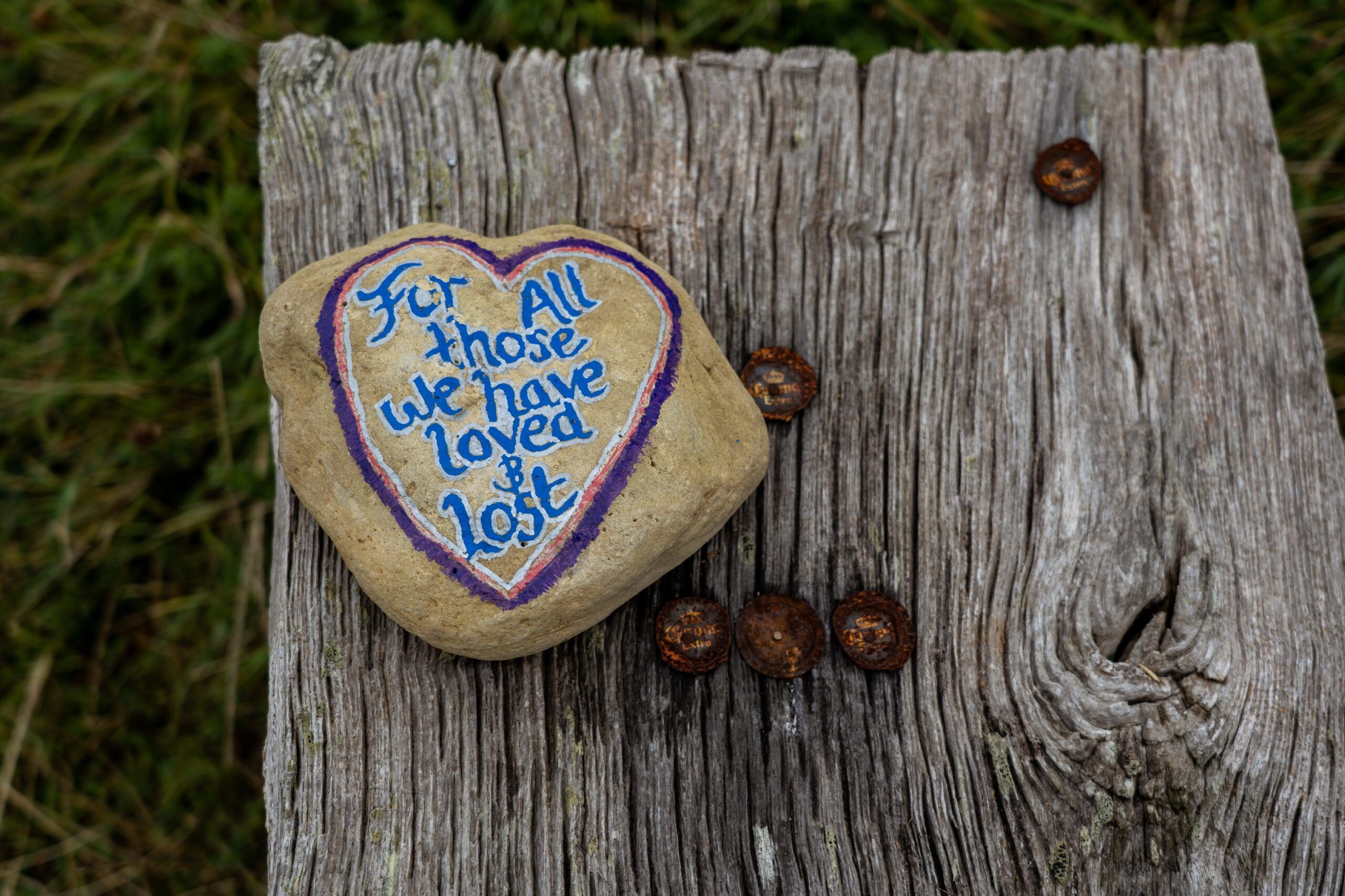We live in an age of dating apps and instant gratification. While technological advancements do promise us an easy life and we no longer need to attend elaborate dances to find a partner, the perils of modern dating are aplenty and rear their ugly heads every now and then. From ghosting to love bombing, our lexicon is now rich with words that make modern dating sound like an extreme sport we are yet to get the hang of. While we are still working on a vocabulary that will justly capture the many pitfalls of dating in the 21st century, contemporary literature focuses on the humane side of it. How to find love in a city where personalities lack integrity and depth? Where to go when your queer heart is stomped on? How to still have hope when the entire universe is conspiring against it? Damilare Kuku in Nearly All The Men Are Lagos Are Mad, zooms in on the unique experiences women have while interacting with or trying to date men. Most of these stories lay bare how women shrink themselves constantly as they try to accommodate the men in their lives. This cleverly written collection of 12 short stories also constitutes women’s tales of endurance when they try to love men. We meet men who try to use women as shields to protect themselves from the wrath of a homophobic society, not understanding that in the process they are disrupting the lives of others. Then we meet women who get sexually assaulted by their dates. The affluence of these men insulates them. After their failed attempts at finding love with Lagos men, the women try to date light-skinned foreign men who are called oyibo in the local tongue. But the endemic of emotional unavailability and the cycle of lies are not just limited to the men of Lagos since the oyibo men are equally lacking when it comes to mustering bare minimum decency. However, Kuku has given her female characters grit and agency. Their disastrous dating lives don’t make them meek and submissive as Nollywood would have us believe. They are tired of the scraps of affection thrown at them and they won’t feel grateful for it, either. They are unafraid to demand dignified sex and real emotions and whoever is incapable of showing up for them in a way they need will be removed from the equation instantly. In Brontez Purnell’s anthology of short stories called 100 Boyfriends, we meet an assortment of “boyfriends” who are not really boyfriends in the conventional sense. This motley crew comprises “fuck buddies,” side pieces, daddies, hookers, clients, etc. Purnell’s observations on how heartbreaking youth can be, often border on lyrical. There is a line in the story “Mountain Boys” that sums up the sentiment of the entire collection: “I called them ‘boyfriends,’ though this was not always the case. But they were all like pieces of bubblegum you chew hours after the flavor leaves and that you accidentally swallow, and then (supposedly) sit in your guts for seven years.” There is hurt and anger throbbing inside the characters as nothing ever happened to them in this world that they really wanted. Having to contend with a homophobic society is taxing enough. When the mercilessness of love is added to the mix, our protagonists are ambushed by sorrow and loneliness. When they are out to find love or listen to the call of their loins, nothing is manageable, tolerable, or predetermined for the gay men Brontez introduces us to. They often make the mistake of expecting more from life than it can deliver but quickly rectify their missteps and settle for whatever little is handed to them. At times it feels like, the very notion of love, that once felt like a comforting blanket, has now morphed into a tool that can asphyxiate them in their sleep. Some of the characters are textbook pathological, wreaking havoc wherever they go, whereas others are going about their days as if the guillotine awaits them. Purnell hasn’t tried to sermonize about the side effects of modern dating nor has he couched jargon as advice. He has simply represented the collective heartache of queer men and the helplessness of young people when they try to seek happiness. Dating is messy, chaotic, and involves a lot of emotions that are not always a pretty sight. Contemporary literature breaks the mould that dating always has to have romance and love. Modern dating is complicated and is composed of a lot of ambivalence and a lack of definable labels. For those of us still coming to terms with how to go about it, contemporary fiction provides a safe space to fall back on as we realize our anguish isn’t unprecedented in history.
